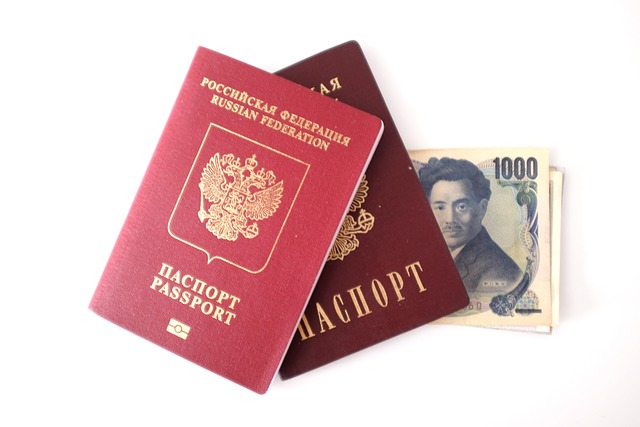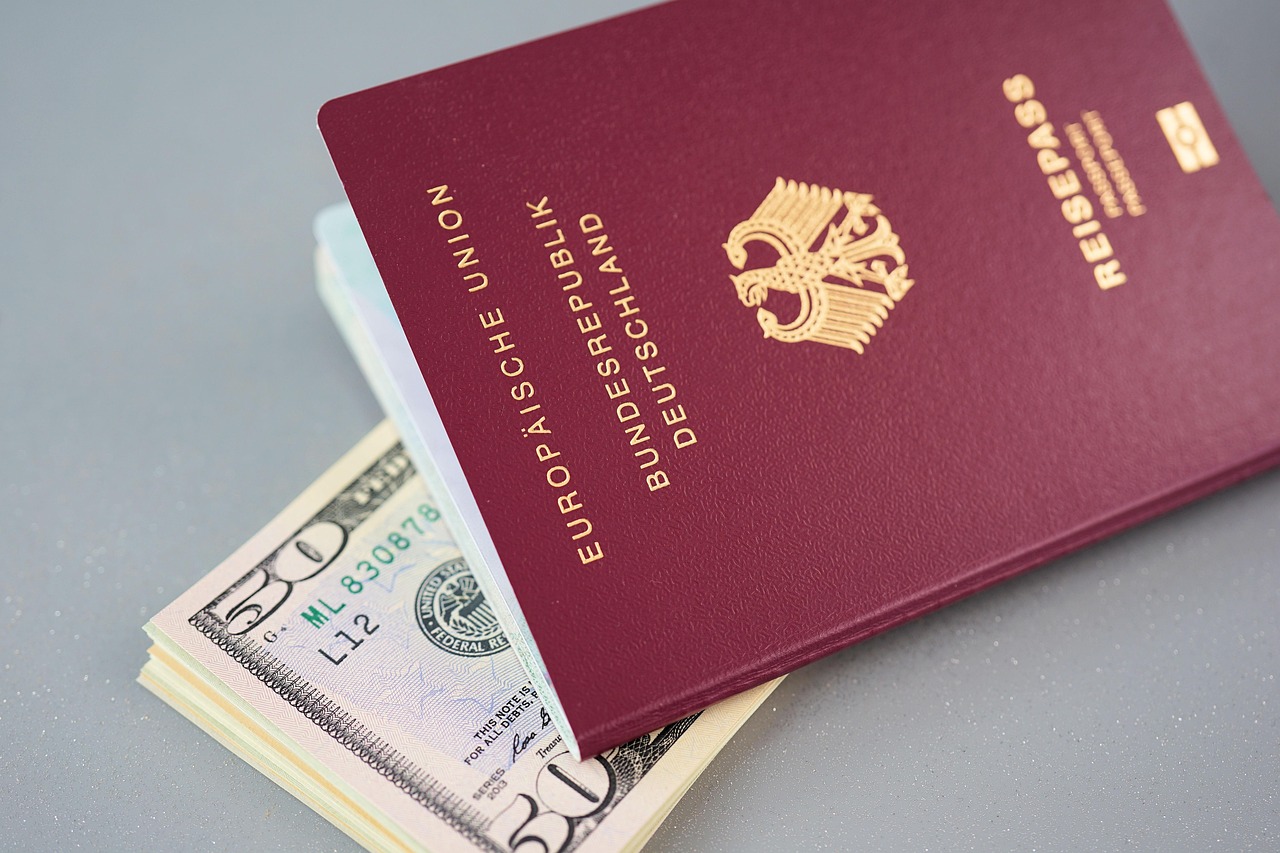Permanent Residency in the Netherlands: How to Apply

Obtaining permanent residency in the Netherlands is a significant milestone for expats who wish to settle in the country long-term. Permanent residency offers stability and many of the same rights as Dutch citizenship, including the ability to live, work, and study in the Netherlands without the need for a visa. This guide provides a comprehensive overview of the eligibility criteria, application process, and key considerations for obtaining permanent residency in the Netherlands.
1. Understanding Permanent Residency
Permanent residency in the Netherlands is known as a Verblijfsvergunning voor onbepaalde tijd (Residence Permit for an Indefinite Period). It allows you to stay in the Netherlands indefinitely, provided you meet certain conditions.
Key Benefits of Permanent Residency
- Freedom to Live and Work: You can live and work in the Netherlands without needing a work permit.
- Access to Social Benefits: You are eligible for social benefits, such as healthcare and unemployment benefits.
- Travel within the Schengen Area: You can travel freely within the Schengen Area for up to 90 days within a 180-day period.
2. Eligibility Criteria
To be eligible for permanent residency in the Netherlands, you must meet several criteria. These include:
2.1. Legal Residence
- Continuous Residence: You must have legally resided in the Netherlands for at least five consecutive years. Some exceptions apply, such as for refugees or highly skilled migrants.
- Valid Residence Permit: You must hold a valid residence permit at the time of application.
2.2. Integration
- Civic Integration Exam: You must pass the civic integration exam (inburgeringsexamen), which tests your knowledge of Dutch language, culture, and society.
- Exemptions: Some individuals, such as those from EU/EEA countries or Switzerland, may be exempt from this requirement.
2.3. Financial Stability
- Sufficient Income: You must demonstrate that you have a stable and sufficient income to support yourself and any dependents.
- No Public Assistance: You should not have received certain types of public assistance (e.g., social welfare) for a specified period before applying.
2.4. No Threat to Public Order
- Clean Criminal Record: You must not pose a threat to public order or national security. A clean criminal record is essential.
3. Application Process
The application process for permanent residency involves several steps. Here’s a detailed guide:
3.1. Gather Required Documents
- Valid Passport: A copy of your valid passport.
- Residence Permit: A copy of your current residence permit.
- Proof of Income: Documents proving your income, such as employment contracts, pay slips, or bank statements.
- Civic Integration Diploma: Proof that you have passed the civic integration exam (if applicable).
- Housing Proof: Evidence of your housing situation, such as a rental contract or property deed.
- Health Insurance: Proof of valid health insurance coverage in the Netherlands.
3.2. Complete the Application Form
- Form: Download and complete the application form for a permanent residence permit from the website of the Immigration and Naturalisation Service (IND).
- Fees: Pay the application fee, which varies depending on your situation. As of 2023, the fee is €207 for most applicants.
3.3. Submit the Application
- Submission: Submit your application and supporting documents to the IND. This can usually be done online or by mail.
- Biometrics: You may be required to provide biometric data (fingerprints and a photograph) at an IND office.
3.4. Await Decision
- Processing Time: The IND typically takes up to six months to process your application. You will receive a letter confirming receipt of your application.
- Additional Information: The IND may request additional information or documents during the processing period.
3.5. Receive Decision
- Approval: If your application is approved, you will receive a letter confirming your permanent residency status.
- Residence Permit: You will be issued a new residence permit card, which you must collect from an IND office.
4. Special Considerations
4.1. EU/EEA and Swiss Nationals
- Permanent Residency: EU/EEA and Swiss nationals can apply for permanent residency after five years of continuous legal residence. The process is generally simpler, and they are exempt from the civic integration exam.
- Documentation: You will need to provide proof of continuous residence, such as employment records or rental contracts.
4.2. Highly Skilled Migrants
- Accelerated Process: Highly skilled migrants may be eligible for permanent residency after three years of continuous residence if they meet certain criteria, such as having a valid employment contract and sufficient income.
4.3. Family Members
- Dependent Family Members: Family members of permanent residents may also be eligible for permanent residency. They must meet the same criteria, including continuous residence and financial stability.
5. Maintaining Permanent Residency
Once you have obtained permanent residency, there are certain conditions you must meet to maintain your status:
5.1. Continuous Residence
- Stay in the Netherlands: You must continue to reside in the Netherlands. Prolonged absences (more than six months per year) may affect your status.
5.2. Renewal
- Residence Permit Card: Your residence permit card is typically valid for five years. You must renew it before it expires.
5.3. Compliance with Laws
- Legal Compliance: You must continue to comply with Dutch laws and regulations, including tax obligations and public order requirements.
6. Transition to Dutch Citizenship
Permanent residency is often a stepping stone to Dutch citizenship. If you wish to become a Dutch citizen, you can apply for naturalization after holding permanent residency for a certain period (usually five years).
6.1. Naturalization Requirements
- Continuous Residence: You must have lived in the Netherlands for at least five years (or three years if married to a Dutch citizen).
- Civic Integration: You must have passed the civic integration exam.
- Renunciation of Previous Nationality: In most cases, you must renounce your previous nationality unless you qualify for an exemption.
6.2. Application Process
- Submit Application: Apply for naturalization through your municipality (gemeente).
- Decision: The IND will process your application, which typically takes up to one year.
7. Seeking Professional Assistance
Navigating the permanent residency process can be complex, especially if you are unfamiliar with Dutch immigration laws. Consider seeking professional assistance from:
7.1. Immigration Lawyers
- Expert Advice: Immigration lawyers can provide expert advice and help you prepare your application.
- Representation: They can represent you in dealings with the IND and other authorities.
7.2. Expat Organizations
- Support Services: Expat organizations often offer support services, including information sessions and workshops on immigration matters.


